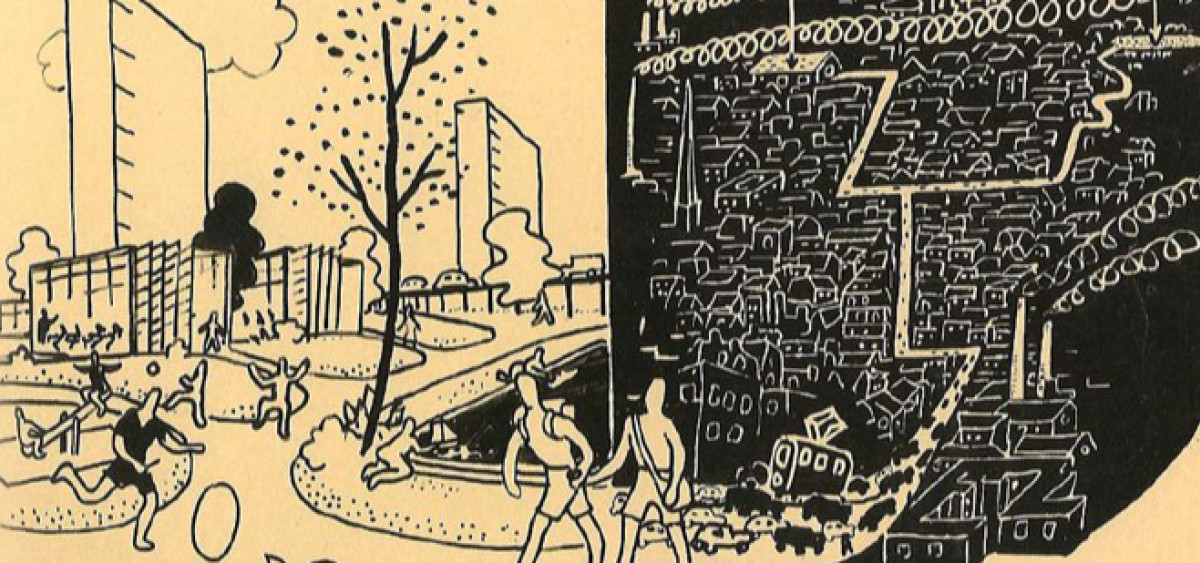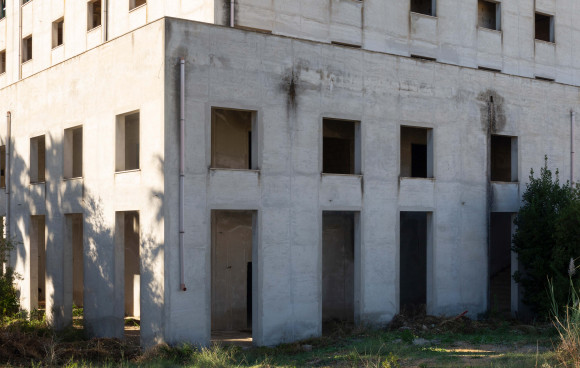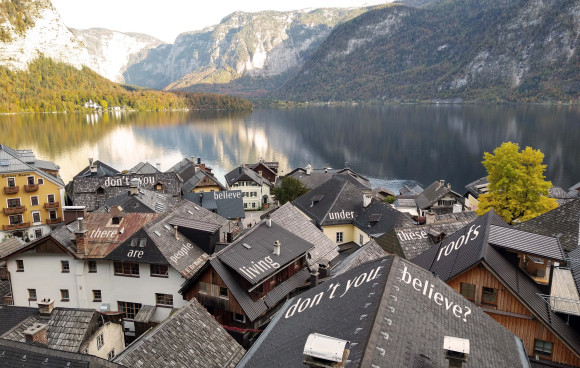Entwerfen
Zwischen den Zeilen - die Transformation des Wohnens im Gemeindebau der Nachkriegszeit
Today, thinking of housing as an urban practice and transformative activity (wohnbund e. V./HCU 2016) means going beyond housing and intensively addressing the interface of everyday situations and everyday architecture in the existing fabric.
„It always starts with the existing city and we have to find situations to improve, to repair or to take care of – the people, their tranquility, their quietness, the space around them… all of these things that exist.“ (Jean Philippe Vassal / Lacaton & Vassal[1])
In the monofunctional large housing estates, which emerged as a reaction to the housing shortage of the post-war years, the paradigms of modernity manifest themselves: functionally separated city and serial production techniques gave rise to new forms of housing and development. The row development was one of the answers to the demand for more light, air and sun. Today, large housing estates with their standardized residential floor plans, repetitive building structures, and generously landscaped green spaces often represent islands in the urban structure.
Looking at the diversity of current housing types and future challenges, we ask: What demands do we make today on housing and the living environment for the future? What visions follow the experiment of modernity? Based on this vision to be developed together in the course, spatial, organizational and also legal structures and everyday practices will be rethought in designs.
As a basis for the designs, we analyze other spatial as well as temporal contexts and explore adaptations of already practiced approaches. These analyses outside the usual environment are the starting point to identify diverse elements of design in the existing context and finally to create a collection of replicable interventions for post-war housing with a focus on the use in everyday life.
In cooperation with the Research Center for New Social Housing (future.lab, TU Vienna) and experts from different disciplines, e.g. Julia Girardi-Hoog (Wiener Wohnen), Prof. Peter Bauer (Research Department Structural Design and Timber Engineering).
[1] In: wohnbund e.V./HCU (2016). wohnen ist tat–sache. Annäherungen an eine urbane Praxis. Berlin: jovis Verlag. S. 173.
8.0h, 10 ECTS
KICK-OFF
Thursday 05.10.23 09.00 am - 01.00 pm /
Seminarraum Argentinierstrasse
KICK-OFF WORKSHOP
Thursday 12.10.23 und Friday 13.10.23 / Seminarraum Gußhausstrasse 28, 2.Stock
INTENSIVTAGE tba
Portfolio erwünscht





